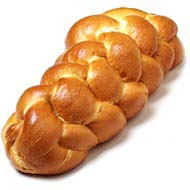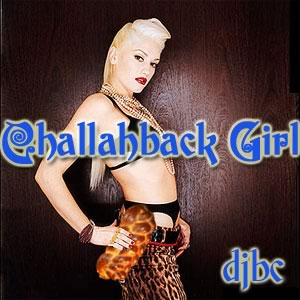
I borrowed this image of the “Melnorah”, pictured above, from NPR’s holiday craft contest page and will be using it as the menorah image for the next eight nights in honour of Chanukah. As the folks at NPR wrote: “This menorah works on two levels: It symbolizes a willingness to accept Gibson’s apology for his anti-Semitic rant but also, for skeptics, offers the chance to watch hot wax drip down his punim (the Yiddish word for face).”
(By the way, if you spent money on The Passion of the Christ, now’s a good time to donate an equal amount to the Anti-Defamation League or any other group that works against anti-semitism. If you spent money on What Women Want, you should donate an equal amount to me, because clearly you have no business spending money.)
Anyways, since the Ginger Ninja and her family are Jewish, I take part in Chanukah now, which means that I get some presents and fried food tonight! It also means that there’ll be Chanukah and Jewish-related audio files for you to download for the next eight days (while continuing with the Audio Advent Calendar).
A Hoot and a Challah

Years ago, I was shopping at “My Market Bakery”, a place in Kensington Market that sold some very nice fresh-baked bread. As I was looking for some pumpernickel, two Jewish women were trying to figure out some of the labelling of the bread.
“It looks like challah,” one of them said, “but it’s not labelled ‘challah’.”
“I think ‘egg bread’ is what they call it,” the other said.
I decided to help out. “I’m a ‘they’,” I chimed in. “And yes, that’s challah.”
Needless to say, Wendy rolls her eyes every time I tell this story or refer to challah as “egg bread”.
To kick off Chanukah, here’s a track by a guy from Wendy’s home town — DJBC, who with Luke “Lenlow” Enlow, are Boston’s kings of mash-ups. This one’s called Challaback Girl and mashes up Hava Nagilah with Gwen Stefani’s Hollaback Girl. Enjoy!
(Don’t know what a hollaback is? The Urban Dictionary can help you!)

DJBC – Challaback Girl (3.5 MB MP3)








